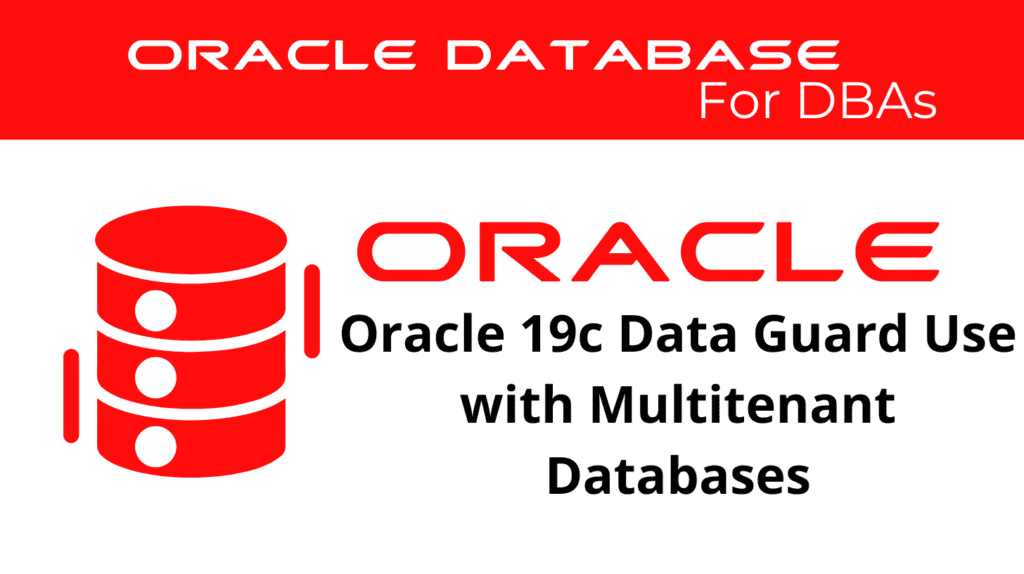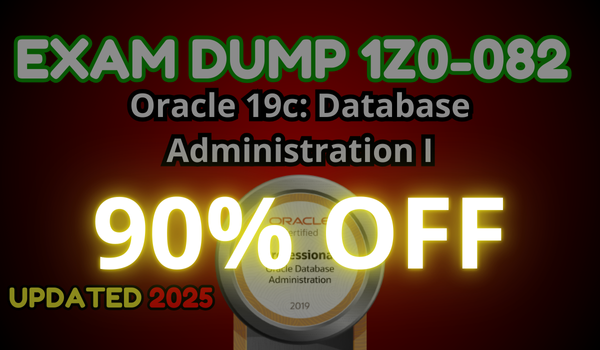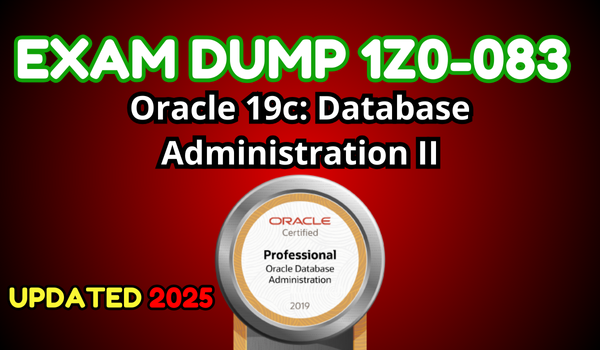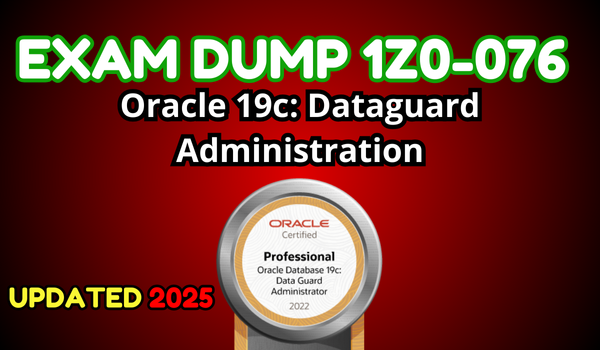
Oracle DataGuard 19c, when used with Oracle Multitenant databases, provides a robust solution for data protection and disaster recovery. This blog will explore the use of Data Guard with Multitenant databases, highlighting the benefits and implementation strategies. Understanding this integration is crucial for optimizing your database management.
Data Guard with Multitenant
Implementing DataGuard with Oracle Multitenant databases enhances data availability and protection. Here are the key aspects:
Seamless Integration
Oracle Data Guard seamlessly integrates with Multitenant databases, supporting Container Databases (CDBs) and Pluggable Databases (PDBs). This integration ensures that both CDBs and PDBs are protected and can be managed efficiently.
High Availability
Data Guard ensures high availability by maintaining standby databases for both CDBs and PDBs. In the event of a failure, the standby database can take over, minimizing downtime and ensuring business continuity.
Simplified Management
Using Data Guard with Multitenant databases simplifies management tasks. The administration of CDBs and PDBs is streamlined, allowing for easier backup, recovery, and failover processes.
Multitenant Database Benefits
The use of Multitenant databases in conjunction with Data Guard offers several significant benefits:
Resource Efficiency
Multitenant architecture allows multiple PDBs to share resources within a single CDB. This resource efficiency reduces hardware costs and optimizes performance.
Improved Consolidation
By consolidating multiple PDBs into a single CDB, organizations can simplify their database infrastructure. This improves manageability and reduces the overhead associated with managing multiple dbs.
Enhanced Security
Each PDB operates independently within the CDB, allowing for granular security controls. This isolation enhances security by ensuring that a compromise in one PDB does not affect others.
📢 You might also like: Managing Oracle Net Services in a Data Guard Environment (Category: DataGuard)
Advantages of Data Guard Multitenant
Integrating DataGuard with Multitenant databases provides strategic advantages:
Scalability
The combination of Data Guard and Multitenant databases allows for easy scalability. Organizations can add or remove PDBs as needed without disrupting the overall database environment.
Flexibility
Data Guard supports various standby configurations, including Physical Standby, Logical Standby, and Snapshot Standby. This flexibility ensures that organizations can choose the best configuration for their specific needs.
Performance Optimization
Offloading read-only workloads to standby databases can enhance the performance of the primary database. This load balancing ensures that the primary database can handle more critical tasks efficiently.
Best Practices for Implementing Data Guard with Multitenant
To optimize the implementation of Data Guard with Multitenant databases, follow these best practices:
Regular Backups
Perform regular backups of both CDBs and PDBs to ensure data integrity and facilitate recovery in case of data corruption.
Performance Monitoring
Use Oracle’s monitoring tools to track the performance of both primary and standby dbs, ensuring they operate efficiently and addressing any issues promptly.
Patch Management
Keep all databases updated with the latest patches and security updates to protect against vulnerabilities and ensure optimal performance.
Resource Allocation
Allocate sufficient resources to both primary and standby dbs based on their workload and performance requirements to ensure smooth operations.
See more on Oracle’s website!
Conclusion
Understanding the use of Oracle Data Guard 19c with Multitenant databases is crucial for implementing an effective data protection and disaster recovery strategy. By leveraging the capabilities of both DataGuard and Multitenant architecture, businesses can ensure high availability, data protection, and improved performance for their critical database environments.
Be Oracle DataGuard certified Professional, this world is full of opportunities for qualified DBAs!





